Norman ‘Normal’ Smith was the engineer on all the EMI studio recordings by The Beatles until the autumn of 1965, when he was promoted from engineer to producer. Affectionately referred to as ‘Normal’ by the band as a humorous reference to his leisurely, calm and likeable nature, the last album he recorded was Rubber Soul, and during his career Norman engineered the sound for almost 100 Fab Four songs.
Born in Middlesex, England, Norman served as an RAF glider pilot during World War II. After a brief career as a jazz musician, he joined EMI as a trainee sound engineer in 1959, aged 36.
Norman was the engineer on duty when The Beatles came into EMI studios for their first sound test in 1962. Under company policy he was able to stay with a group throughout their run there. This meant The Beatles and Norman soon formed a very close relationship, however it did not start so smoothly.
In an interview in Recording the Beatles, the definitive studio history of the group by Brian Kehew and Kevin Ryan, Norman noted that: “First impressions of the group coming into the studio were not very great. I mean, ‘Here comes another scrappy group.’ But I must say that I was taken with their hairdos because we hadn’t seen anything quite like them.”
Working with producer George Martin, Norman was able to carefully choose the equipment and techniques used to capture individual sounds in the studio before transforming them into a finished recording. This helped The Beatles produce a more unique sound – different to that typically heard in the popular radio station playlists.
Interestingly, Norman would have The Beatles line up in studio as if they were playing live. Other engineers would always use screens so that the separation was good on each mic, but Norman wanted to set them up the way that they looked, in line with their attitude and how they approached things.
Despite warnings from Abbey Road management, he threw all of the screens away and The Beatles performed as they did on stage. Although the separation on each mic wasn’t terribly good, it did contribute to the overall ‘Mersey Sound’.
It proved popular, and Norman would receive phone calls and letters from America asking how he was able to capture such a unique sound on tape.
Norman’s approach proved a success with many hit songs from 1962 until early 1966 including “Help!”, “A Hard Day’s Night” and “We Can Work It Out”.
Later, in the early 1970s, he had a moment in the spotlight himself, reaching number 3 in the US Billboard charts with ‘Oh Babe, What Would You Say’ singing under the name Hurricane Smith.
Norman was an avid songwriter, and almost had one of his songs feature on Help! In Mark Lewisohn’s The Complete Beatles Recording Sessions, Norman said:
“I’d been writing songs since I was a small boy, and in 1965 I wrote one with John Lennon in mind. They were coming to the end of the Help! LP and needed one more song. George Martin and I were in the control room waiting for them to make up their minds and I said ‘I know they’ve heard all this before, but I happen to have a song in my pocket.’ George said ‘Get on the talkback and tell them.’ But I was too nervous so George called down, ‘Paul, can you come up? Norman’s got a song for you.’ Paul looked shocked. ‘Really, Normal?’ – that was one of their nicknames for me – ‘Yes, really.’ So we went across to Studio Three and I sat at the piano and bashed the song out. He said ‘That’s really good, I can hear John singing that!’ So we got John up, he heard it, and said ‘That’s great. We’ll do it.’ Paul asked me to do a demo version, for them all to learn. Dick James, the music publisher, was there while all this was going on and before we went home that night he offered me £15,000 to buy the song outright. I couldn’t talk but I looked across to George and his eyes were flicking up towards the ceiling, meaning ‘ask for more’. So I said ‘Look, Dick, I’ll talk to you tomorrow about it.’
I did the demo but the next day The Beatles came in looking a little bit sheepish, long faces. ‘Hello, Norm.’ I thought, hmm, they’re not as excited as me, what’s wrong? Sure enough, Paul and John called me down to the studio and they said ‘Look, we definitely like your song but we’ve realised that Ringo hasn’t got a vocal on the LP, and he’s got to have one. We’ll do yours another time, eh?’ That was my £15,000 gone in a flash. By the next LP they’d progressed so much that my song was never even considered again.”
In early 1967, Norman began working with a new group- Pink Floyd- producing their first, second, and fourth studio albums. He also published an autobiography in 2007, titled John Lennon Called Me Normal. He died from cancer in 2008 in East Sussex, England.
More from this series
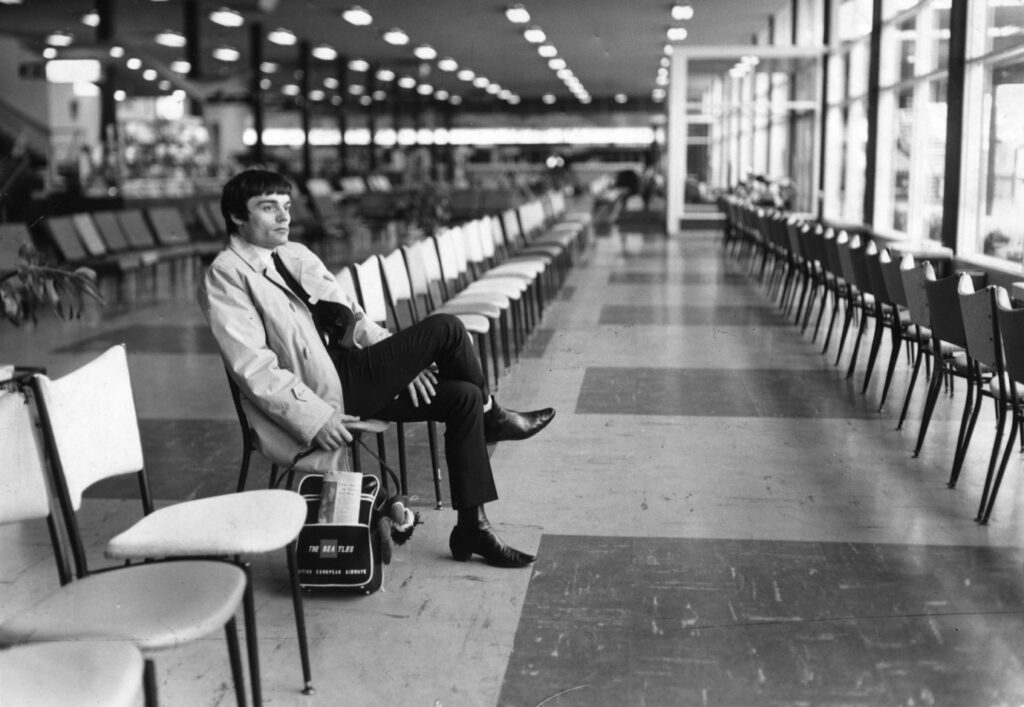
Becoming The Beatles: Jimmie Nicol
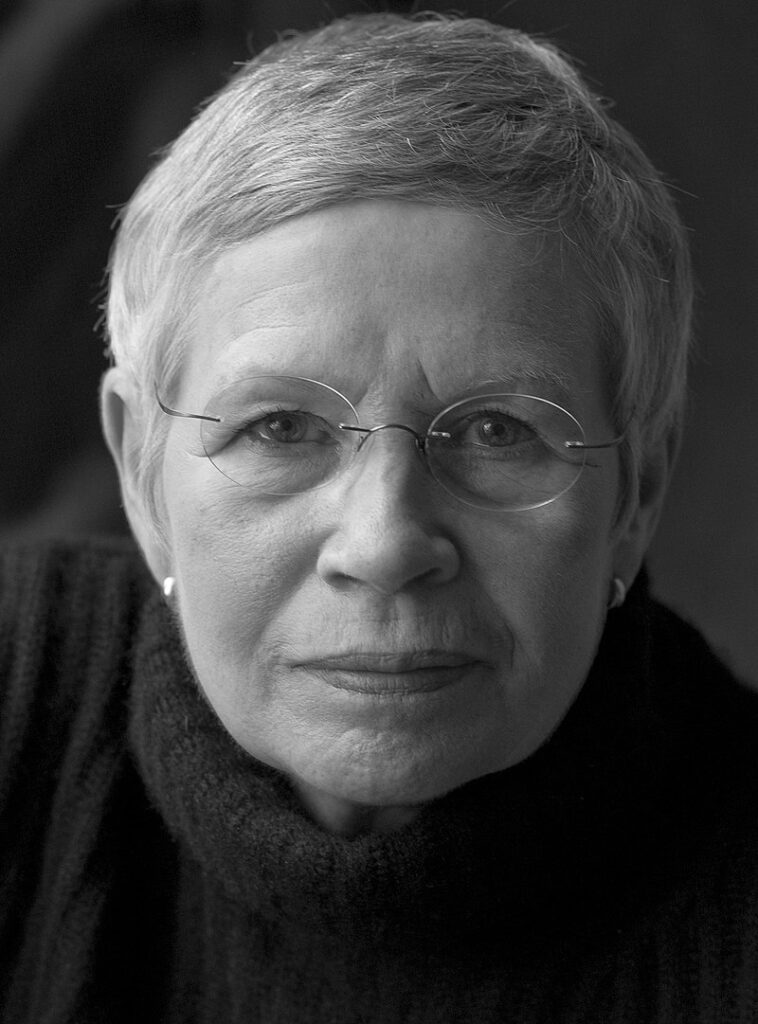
Becoming The Beatles: Astrid Kirchherr
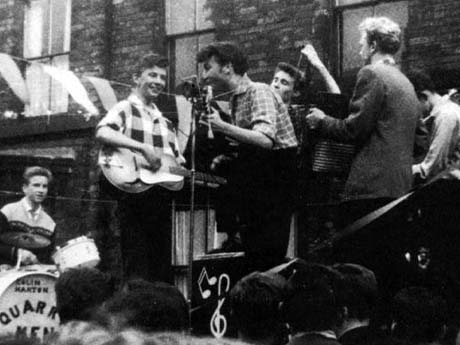
Becoming The Beatles: Charlie Roberts
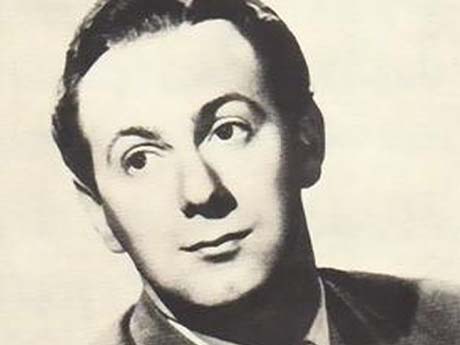
Becoming The Beatles: Dick James
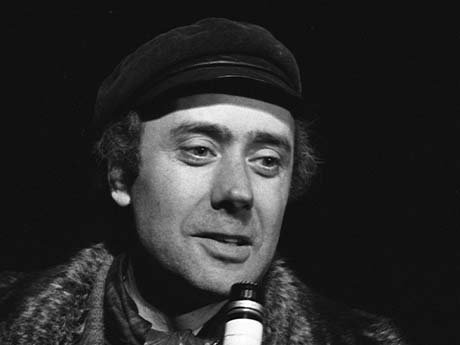
Becoming The Beatles: Victor Spinetti
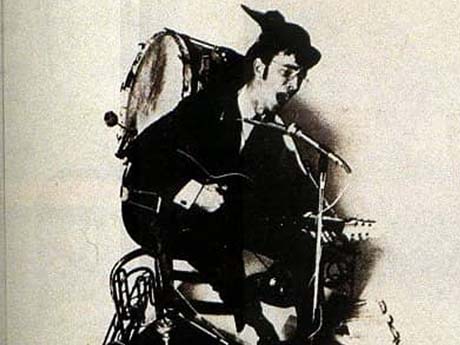
Becoming The Beatles: Alistair Taylor
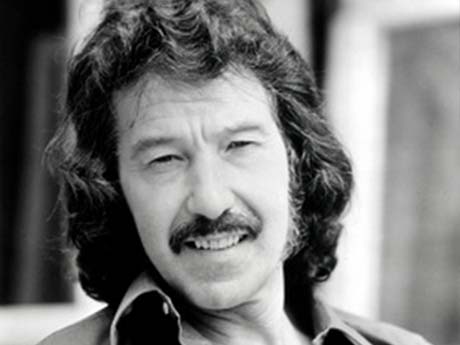
Becoming The Beatles: Norman Smith
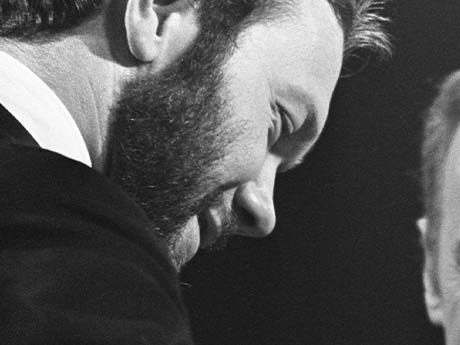
Becoming The Beatles: Pete Brown
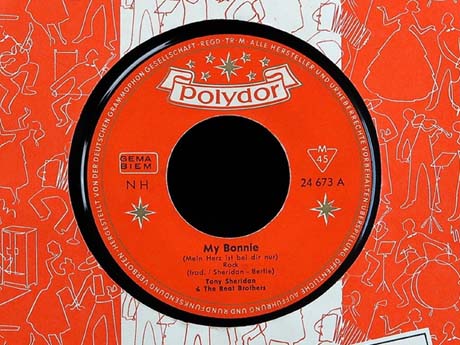
Becoming The Beatles: Raymond Jones
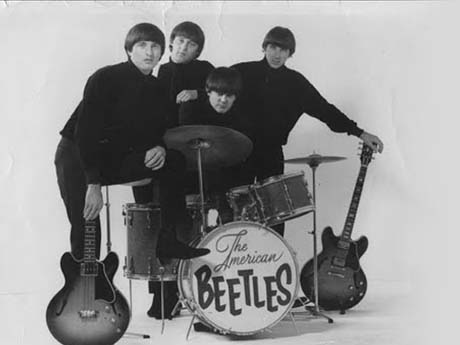
Becoming The Beatles: The Fake Fab Four
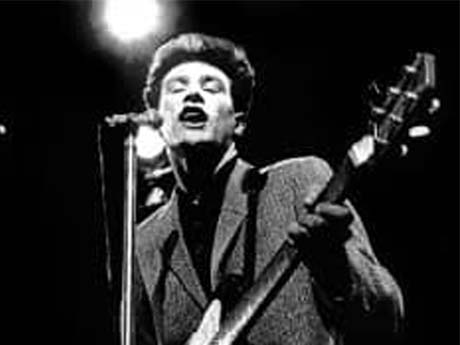
Becoming The Beatles: Tony Sheridan